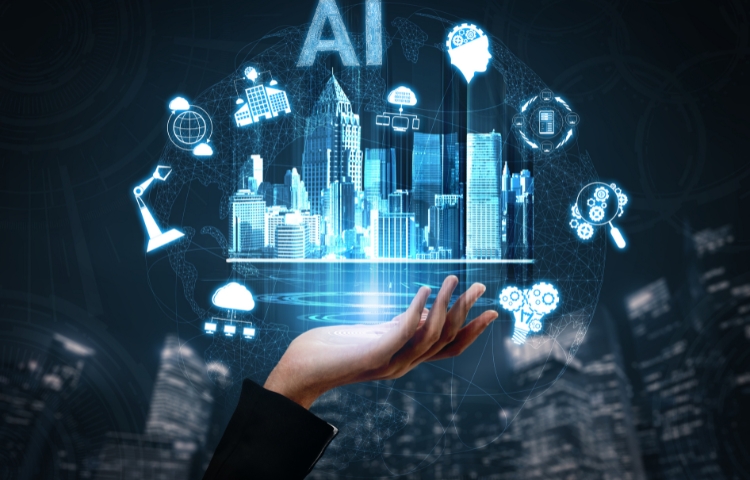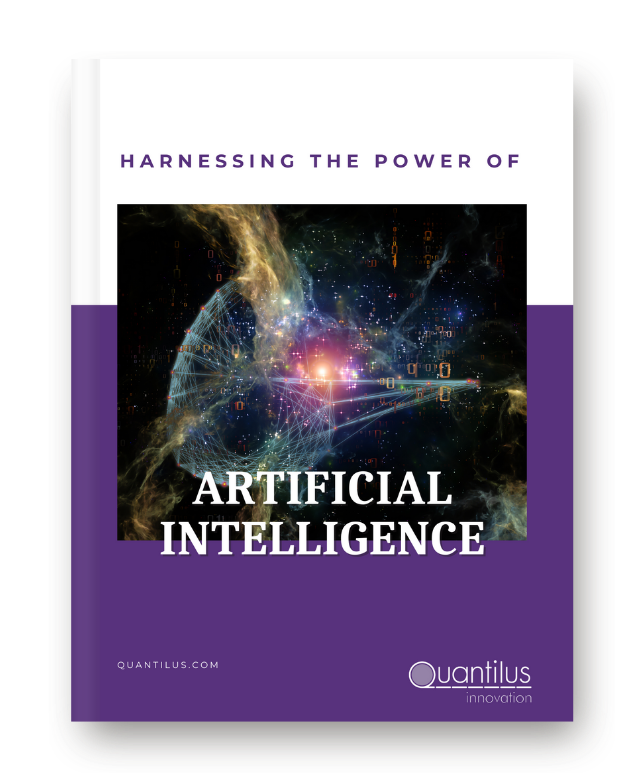

Artificial Intelligence (AI) has emerged as a game-changing technology transforming various aspects of business operations. AI is a technology that enables machines to learn from data, identify patterns, and make decisions without human intervention. It is increasingly used to automate business processes, leading to increased efficiency, reduced costs, and improved customer experience. In this article, we will explore the role of AI in automating business processes and how it is revolutionizing how organizations function.
Business Process Automation (BPA) refers to using technology to automate repetitive and manual tasks within an organization. BPA aims to streamline business processes, reduce errors, and increase efficiency by automating routine tasks traditionally performed by humans. With the advent of AI, BPA has become more advanced and intelligent, enabling organizations to automate even complex tasks that were previously difficult to automate.
AI transforms BPA by enabling machines to learn from data and make intelligent decisions without human intervention. Here are some of the ways AI is leveraged to automate business processes:
AI-powered BPA offers numerous benefits to organizations, including:
While AI-powered BPA offers numerous benefits, there are also some challenges that organizations must overcome, including:
Artificial Intelligence has become a game-changing technology that is transforming various aspects of business operations. The role of AI in automating business processes has become more advanced and intelligent, enabling organizations to automate even complex tasks that were previously difficult to automate. The benefits of AI-powered BPA include increased efficiency, reduced costs, improved accuracy, enhanced customer experience, and competitive advantage. However, organizations must overcome data quality, privacy, and ethical concerns. With the right approach, AI-powered BPA can revolutionize how organizations operate and deliver value to their customers.


Need help navigating your AI journey?
Download our eBook for insights and tips to ease your way into adopting AI for your business – the smart and practical way!
Need help navigating your AI journey?
Download our eBook for insights and tips to ease your way into adopting AI for your business – the smart and practical way!